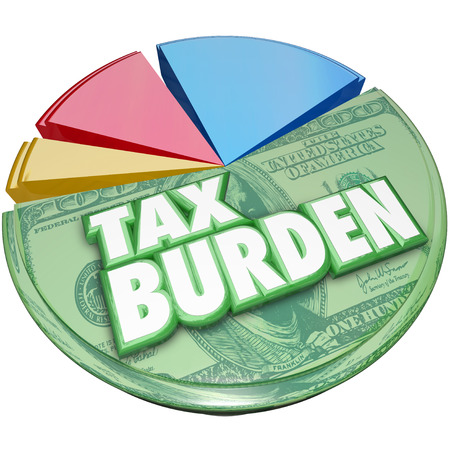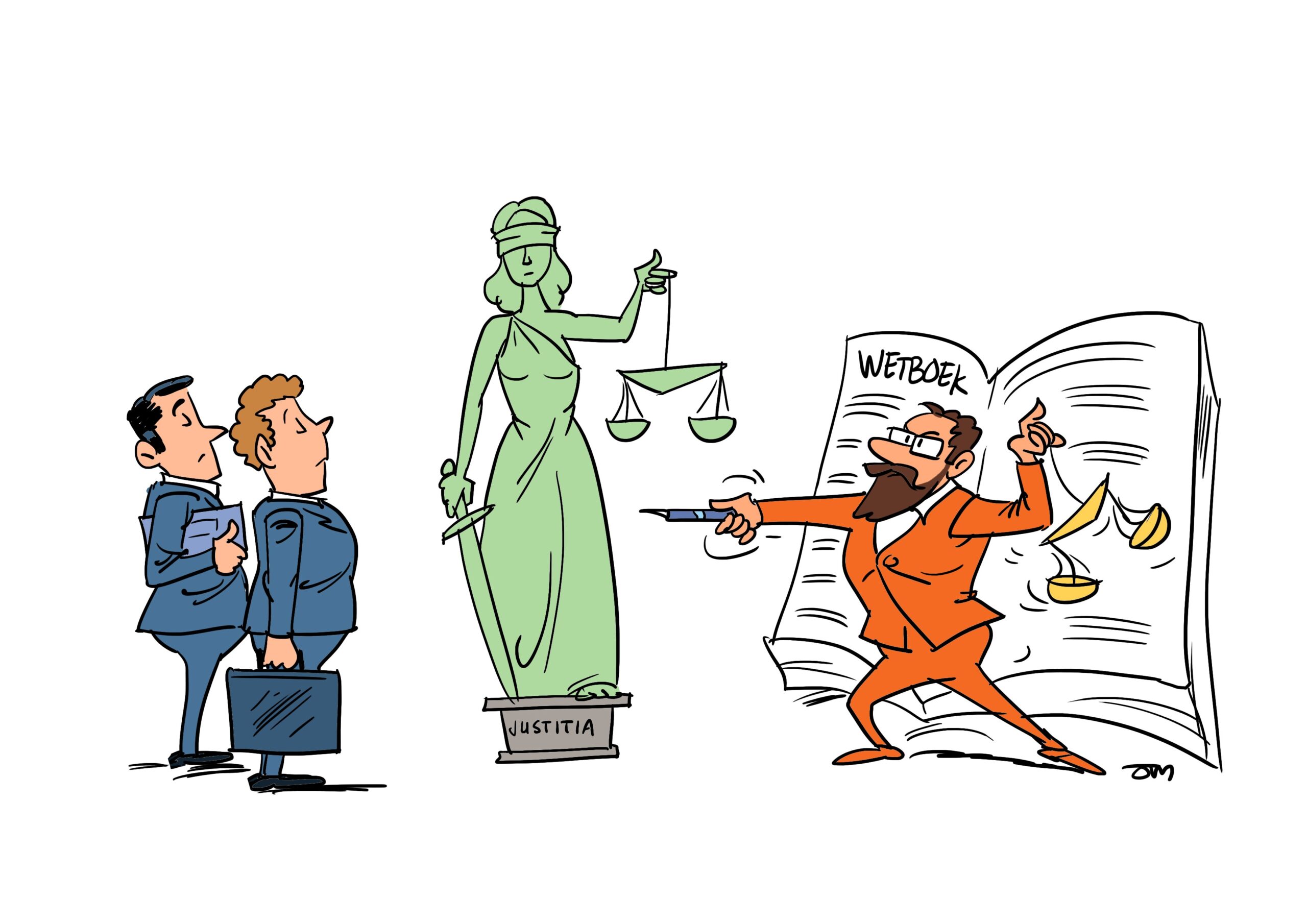Double taxation is a situation everybody prefers to prevent. It happens when you live or work in different countries. Most countries have double taxation treaties, but does this fully solve the issue?
Work in two countries
The moment you are a Dutch tax resident and you earn an employment income of about EUR 100.000 in the Netherlands and at the same time you have the opportunity to earn EUR 10.000 abroad, you are in the double taxation situation.
Work is taxed in the country where the work has actually been performed. If the EUR 10.000 work was actually done abroad, it was taxed abroad.
Calculation tax
The EUR 100.000 is taxed in the Netherlands for EUR 43.596 (2015 tax rates). If we add the EUR 10.000 already taxed abroad income to the calculation, the total amount of income tax due is EUR 45.105. An extra EUR 1.509 Dutch income tax is due. That is not a relief.

How was this calculated?
To start with, the amount of tax paid abroad over this EUR 10.000 is not relevant for this calculation. The exception is a third world country or when no tax was levied. If no tax was levied, you cannot have a double taxation relief as there was no double taxation. This explains why you should not work in for instance Dubai (no tax) and be a Dutch tax resident in the Netherlands.
A double taxation relief is a double taxation relief, not a double social premium relief. In the first and second tax bracket social premiums are included. If we delete that from the calculation, the actual amount of income tax calculated without the credits is EUR 37.196 over the EUR 100.000 income. EUR 10.000 is 10% of the domestic income, hence 10% of the domestic tax is the tax relief, being EUR 3.718.
If the tax relief is EUR 3.718 why is an additional EUR 1.509 charged? In the Box 1 tax calculation the foreign income is put on top of the domestic income. That is in the 52% tax bracket, hence 52% tax is calculated over the EUR 10.000, being EUR 5.200. The tax relief is EUR 3.718, hence EUR 1.482 tax should have been due extra. But because the total income increased with EUR 10.000, the tax credits decreased, which makes that the total addition amount of tax due is EUR 1.509.
Double taxation relief is not such a relief at all
Is the phrase I started with and now I hope you understand more how that is possible. The Dutch tax office has to chose the best workable method to prevent double taxation. This implies the actual tax paid is not taken into account, as such an amount can differ over the years which will then hold up the Dutch return.
Orange Tax Services
We process all the types of income tax returns there are. Hence we encounter double taxation relief situations private individuals find difficult to understand. Not only it is difficult to understand, it is not easy to explain. Best thing is to avoid double taxation or have only double taxed income.




